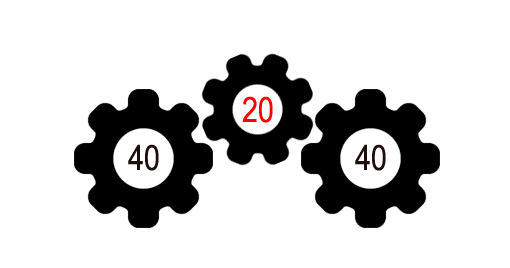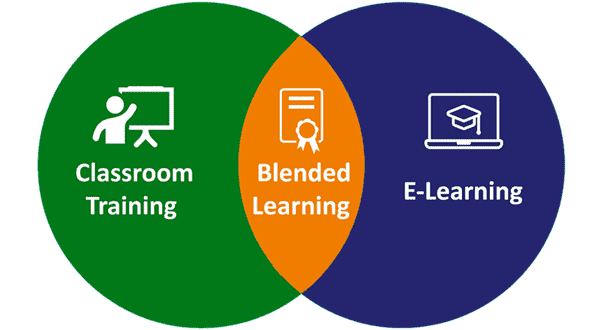Leadership Skills

PURPOSE
Unlearn. Collaborate. Articulate. Disrupt. Lead.
METHODOLOGY

40 Pre | 20 Training | 40 Post
For us, learning is not an event, and we live this belief, through our design principle of 40:20:40

Guided Discovery Method (GDM)
We use proven and tested adult learning techniques that provides an immersive experience for the delegates.

Blended Learning
We offer a range of learning formats including: Customised Training Programmes | Digital Learning | Executive Coaching
TRAINING FORMATS

Programme Duration: 4 to 16 hours

Programme Duration: 2 to 16 hours

Programme Duration: 75 mins
Audience Profile: Young Managers / Mid Managers / Leadership
Trainer Profile: Senior Associate Master Trainer / Master Trainer / Course Director
Pre Training (40%)
STEPS
L1 – Need Analysis
Our focus is to understand the impact matrix of the programme. We meet with the leaders to gain their perspective.
360 Degree Feedback
We can run a 360 degree feedback for the delegates to get a deeper understanding of their standing in the orgainzation.
Pre & Post
Reads
To maximise the training impact, we send contextualised content in a digital format making it easy for the delegates to absorb.
Psychometric Assessment Tool (PAT)
We could also run a PAT which would help us personalise the programme for each delegate based on their communication and leadership styles.
Pre-assessment
We also conduct Assessment to map the participants behaviour, skills and communication in difficult situations.
Training (20%)
KEY TOPICS
Servant Leadership is a paradigm shift in the approach to lead an organization. The focus is on “serving” rather than “directing” stakeholders, by providing the environment and opportunities for their growth and succeess.
All managers are expected to share their subject matter expertise with their teams.This module helps them ‘facilitate’ this learning using the latest adult learning techniques.
Great leaders tend to have an aura that surrounds them. This module examines the elements of EP and how the delegates can build their EP while interacting with various stakeholders.
Transparent Management is about being an authentic leader. It helps delegates understand and practice using tools such as :
Active Listening | The Addressing Model | Reflecting Emotions
Storytelling is a great way to engage an audience. Leading companies expect their leaders to leverage their stories and create an identiy to shape the organization and inspire their teams.
A vital skill that every leader needs today is the ability to coach and mentor their teams. Among other aspects, this module would focus on the value of questioning vs advising counselees.
Quite Leadership focuses on empowerment. This style of leadership encourages decentralized decision making and the willingness to learn from mistakes. It is an excellent tool for people development or to boost personal productivity.
In today’s disruptive business nature, it is imperative that leaders perform under pressure. This module focuses on the attitude that a leader must display in such circumstances.
Critical Conversations is the ability to be assertive yet flexible and to effectively navigate through difficult situations.
Leadership Competencies
Post Training (40%)
LEARNING APPLICATION TOOLS
Start Stop Continue (SSC)
After the programme we get the delegates to fill out an SSC form, this helps them focus on one learning objective and usually is the basis of the post-training plan.
Coaching
We conduct individual or focused group sessions where the delegates can focus on how they can leverage their strengths to be more effective in a given situation.
Recognition Emails™
To motivate participants, we often send out personalised recognition emails acknowledging and thanking them for their contribution in the programme.
Practice Tasks
Practice tasks allow the delegates to hone their skills in a safe and private environment.
Retention Tools
To help remember all of the content shared, we create retention tools that carry a synopsis of the key topics. These can later be printed and placed at their workstations.
